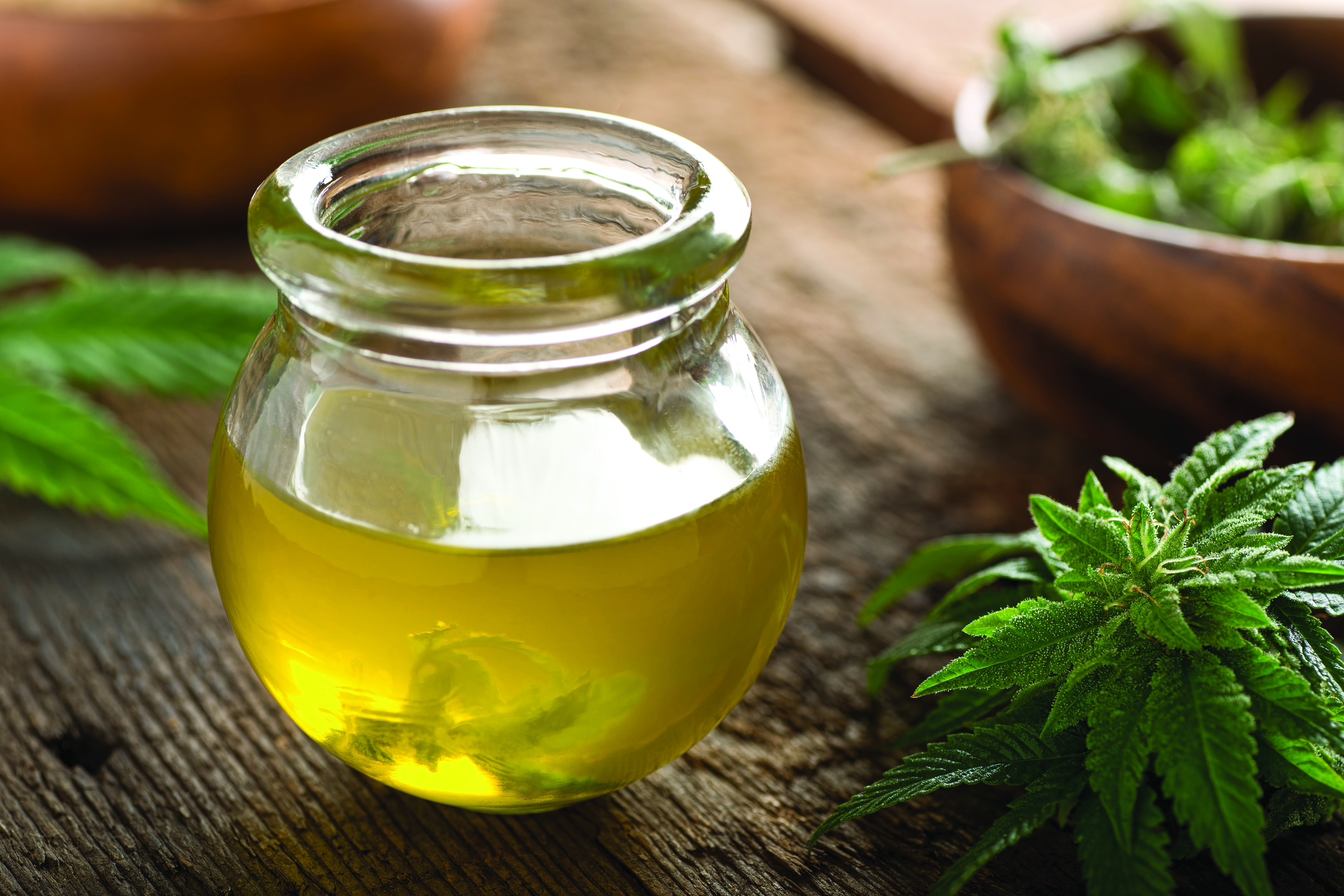An article published on behalf of the RACP states a number of “mistruths” that will only fog doctors’ understanding of medical cannabis, one expert says
The controversy over medicinal cannabis has taken a mighty leap, with the college of physicians being accused of misrepresenting international evidence and adding to confusion about safety and efficacy.
Professor Iain McGregor, academic director of the Lambert Initiative for Cannabinoid Therapeutics at Sydney University, says an article published on behalf of the RACP states a number of “mistruths” that will only fog doctors’ understanding of the science involved.
“It adds another layer of smoke to an already complex area,” he told The Medical Republic.
A “perspective” article, published in the current MJA, says the RACP supports the need for more high-quality research to establish whether cannabinoids have a place in contemporary medical practice.
The article says medicinal cannabis raises challenges for health professionals, “not so much because of its known addictive and psychoactive properties, but because its introduction has not followed the usual research-based safety and effectiveness processes”.
It calls for caution by clinicians, emphasising that the usual processes designed to protect patients from serious harms are incomplete and that evidence of effectiveness for many medical conditions is limited.
However, Professor McGregor, a professor of psychopharmacology and NHMRC Principal Research Fellow, said the article under-reported international evidence and exaggerated possible dangers.
“Rather than providing a coherent and balanced account of the current state of play, the “perspective” reads like a patronising and scaremongering diatribe, misrepresenting the literature to frighten off would-be prescribers,” he wrote in a response published in Fairfax Media.
“Most egregious of its falsehoods is the statement that medicinal cannabis is no better than placebo in treating pain.
“Oddly, when asserting this claim, the published piece cites two authoritative recent reviews from the US – reviews that in fact concluded the opposite.”
He said deaths due to prescription opioids had declined in US states where medicinal marijuana was available.
“Those in unremitting pain are precisely the people who need their specialist doctors to have a nuanced and accurate knowledge of cannabinoid science,” he said.
“The perspective piece stokes concerns about increased cannabis-related hospital presentations in parts of the US that have legalised cannabis. What isn’t mentioned is that this largely reflects children consuming their parents’ cannabis recreational ‘edibles’, like cannabis-infused chocolates.
“Also neglected is the fact that in parts of the US where medicinal cannabis is available, there has been a 25% reduction in deaths due to prescription opioids, as well as a reduction in use of prescription drugs such as benzodiazepines and antidepressants.”
While the RACP perspective cited the “known addictive” properties of cannabis, addiction specialists generally conceded that cannabis was far less addictive than opioids and benzodiazepines, Professor McGregor said.
The RACP paper – titled Compassion and evidence in prescribing cannabinoids – describes the pace and scale of the introduction of medical cannabis in Australia as “unprecedented”.
“Calls for compassionate access present challenges to clinicians, given that the usual medical research standards of provision and review of pharmaceutical, animal, pharmacological and clinical research data have not been met,” it says.
Imports and local manufacture of medicinal cannabis should be required to meet the safety and efficacy standards applied by the TGA to all other therapeutic products, it says.
Professor McGregor told TMR that the official count of Australian patients who have been legally prescribed medicinal cannabis products stood at about 400.
The Lambert Institute has monitored some 2000 therapeutic users, while the illicit market for medicinal cannabis in Australia is estimated at 100,000 patients.
GPs were increasingly interested in prescribing medical cannabis for conditions such as pain and nausea with appropriate training, he said.


